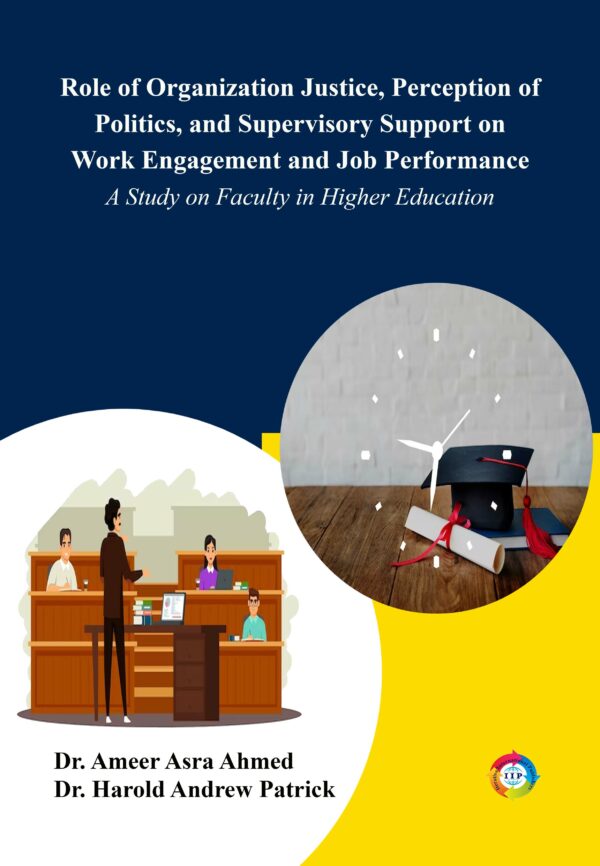Education affects society. Education is crucial to harnessing India’s population
distribution. India’s higher education is currently the third highest in the world
and expected to surpass the western nations in five years and China in 10 years.
After independence, India’s higher education sector expanded greatly in
universities, colleges, and institutes.
Universities and colleges shape students’ careers and futures. Such teachers
encourage pupils to study global issues. Their dedication and job satisfaction
help them teach kids. Thus, studying higher education instructors’
organizational issues is crucial. Organizational politics is everywhere, including
higher education. Organizational politics varied by university and teacher
tenure. Faculty members were ostracized and denied perks due to organizational
politics. Organizational justice fosters employee happiness and out-of-role work
by fostering managerial fairness. Management must respect employees and
match their expectations, especially in higher education, where students’ futures
are at stake. Unfair treatment of instructors causes unhappiness and lowers
university or college teaching quality. The institution’s reputation suffers.
Organizational politics and justice affect employee engagement and
performance. When workplace politics crosses the threshold, employee sense of
fair treatment is harmed, affecting their performance, commitment, and
dedication. Employee engagement, participation, and devotion impact job
performance. They may start slacking off, miss deadlines, and depart for better
opportunities. The employee’s immediate supervisor’s support usually
determines job performance and engagement. Supervisory assistance can
increase or decrease impact.
This book helps readers understand how organizational politics and justice
affect higher education faculty members’ work engagement and performance.
This study will also evaluate how supervisory support moderates employees’
view of politics and organizational justice, work engagement, and job
performance.
This research helps the institution’s management with organizational politics. In
difficult and creative tasks, intrinsic and spontaneous motivation leads to job
satisfaction, well-being, institutional commitment, and JP. Administrators
should prioritize this. Employees’ perceptions of distributive justice, which
focuses on outcomes like salaries, promotion, perks, punitive measures, social
benefits, performance appraisal, and fair distribution by comparing their rights
with others in the same establishment and other institutions, are at an all-time
low. Many Indian academic research on organizational justice have a similar
approach.
Sale
Original price was: ₹360.00.₹288.00Current price is: ₹288.00. ₹









Reviews
There are no reviews yet.